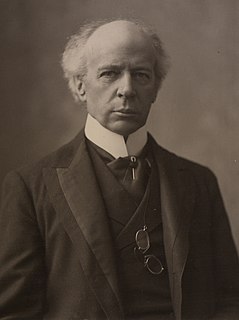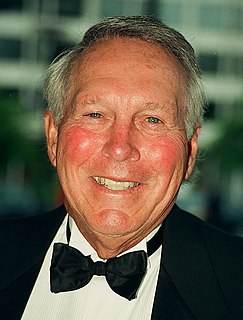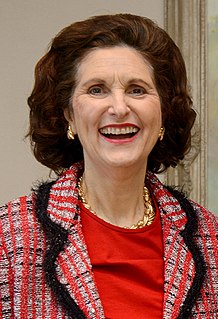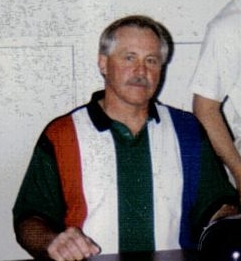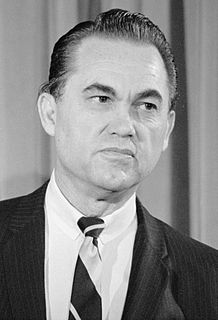A Quote by Jimmy Carter
I think I governed effectively. I don't have any doubts about that. I had the benefit, when I was in office, of having an excellent relationship with the Republican Party. We had superb bipartisan support and we had the highest batting average of any president since the Second World War, except Lyndon Johnson. He had a little better average than I did.
Quote Topics
Related Quotes
One concern I had while I was working actively in the intelligence community - being someone who had broad access, who was exposed to more reports than average individuals, who had a better understanding of the bigger picture - was that the post - World War II, post - Cold War directions of societies were either broadly authoritarian or [broadly] liberal or libertarian.
I had a strong sudden instinct that I must be alone. I didn’t want to see any people at all. I had seen so many people all my life -- I was an average mixer, but more than average in a tendency to identify myself, my ideas, my destiny, with those of all classes that came in contact with. I was always saving or being saved -- in a single morning I would go through the emotions ascribable to Wellington at Waterloo. I lived in a world of inscrutable hostiles and inalienable friends and supporters.
I think our support for the EEC has been very half-hearted. You really cannot join any group of nations and spend all your time criticising it. The EEC is free Europe getting together. Had we had some vision like that after the first world war , we might never had the second ... my son does not have to go and fight as his father had to fight. Surely that is the most valuable thing of all, the reason for keeping Europe together.
Bill Phillips was this nervous, chain-smoking student. He had signed up to be an engineer, he had gone away to fight in the Second World War, he had come back. He had switched to sociology because he wanted to understand how people could do these terrible things to each other. And he did a little bit of economics on the side.
although she went home that night feeling happier than she had ever been in her short life, she did not confuse the golf course party with a good party, and she did not tell herself she had a pleasant time. it had been, she felt, a dumb event preceded by excellent invitations. what frankie did that was unusual was to imagine herself in control. the drinks, the clothes, the instructions, the food (there had been none), the location, everything. she asked herself: if i were in charge, how could i have done it better?




